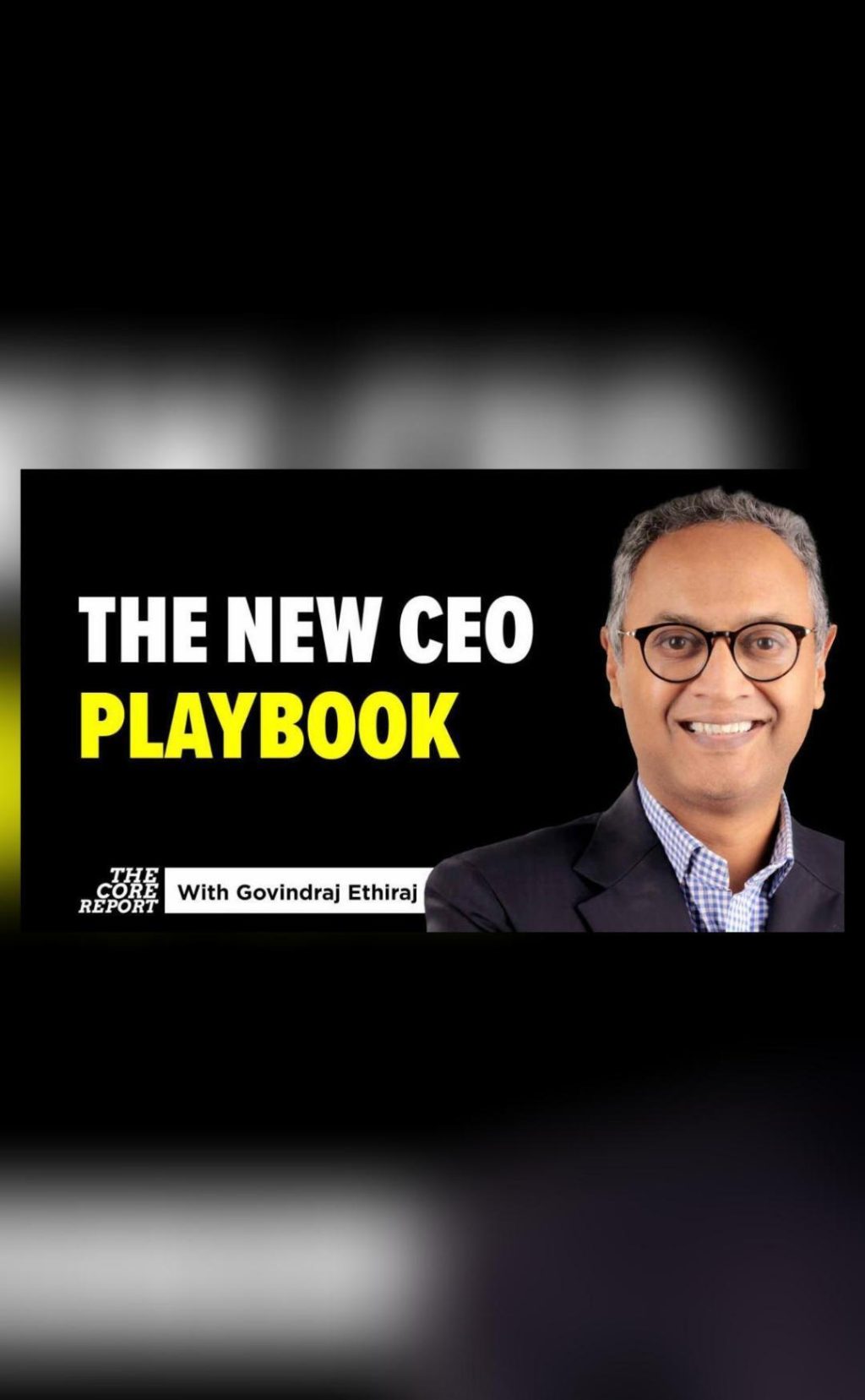
The New CEO Playbook: AI Pressures & Global Tariff Shocks
As the world continues to grapple with the rapid pace of technological advancements and economic uncertainty, CEOs are facing unprecedented challenges. The rise of artificial intelligence (AI) is reshaping industries, forcing businesses to adapt and innovate at an unprecedented rate. Meanwhile, global tariff shocks are disrupting trade, creating new barriers to entry and challenging supply chains. In this new landscape, CEOs must rethink their strategy and operations to remain competitive.
Internal Pressures: Automating and Innovating
The pressure to automate and innovate is coming from within. As AI becomes increasingly prevalent, companies are being forced to invest in new technologies to remain relevant. This requires significant investments in training and upskilling employees, as well as a willingness to disrupt traditional business models. According to a recent report, 80% of CEOs believe that AI will significantly impact their industry, with 60% stating that they are already seeing tangible benefits (1).
However, the implementation of AI is not without its challenges. Many companies are struggling to integrate new technologies into their existing operations, and are facing resistance from employees who are hesitant to adapt to new systems. Furthermore, the lack of skilled workers to manage and maintain these systems is a significant concern.
External Pressures: Shifting Trade Policies
Meanwhile, global tariff shocks are creating new challenges for businesses. The ongoing trade war between the United States and China is having far-reaching consequences, with companies facing increased costs and complexity in their supply chains. The uncertainty surrounding trade policies is making it difficult for businesses to plan for the future, and many are being forced to reconsider their global strategy.
The impact of tariffs is being felt across industries, from manufacturing to agriculture. According to a recent report, the tariffs imposed by the US on Chinese goods have resulted in a 25% increase in costs for American companies (2). This has led to a significant decrease in demand for Chinese goods, and has resulted in a surge in imports from other countries.
Rethinking Strategy and Operations
In response to these challenges, CEOs are being forced to rethink their strategy and operations. One of the key trends emerging is a focus on localisation. With the uncertainty surrounding global trade policies, companies are increasingly looking to localise their supply chains and reduce their reliance on international trade.
Another trend is the adoption of digital technologies. Companies are using digital platforms to streamline their operations, improve efficiency, and reduce costs. According to a recent survey, 70% of CEOs believe that digital technologies will be critical to their company’s future success (3).
Adapting to a Changing World
The new CEO playbook is all about adapting to a changing world. With no guarantee of stability, companies are being pushed to localise, adapt, and reconsider long-held business models. This requires a willingness to take calculated risks, invest in new technologies, and build new partnerships.
In conclusion, the new CEO playbook is a complex and constantly evolving document. As AI reshapes industries and global tariff shocks disrupt trade, business leaders must be prepared to adapt and innovate. By embracing the challenges and opportunities presented by these trends, CEOs can position their companies for long-term success in a rapidly changing world.
References:
(1) “The Future of Work: A Survey of CEOs” by PwC
(2) “The Impact of Tariffs on American Companies” by the National Bureau of Economic Research
(3) “The Digital CEO” by McKinsey & Company
News Source:






